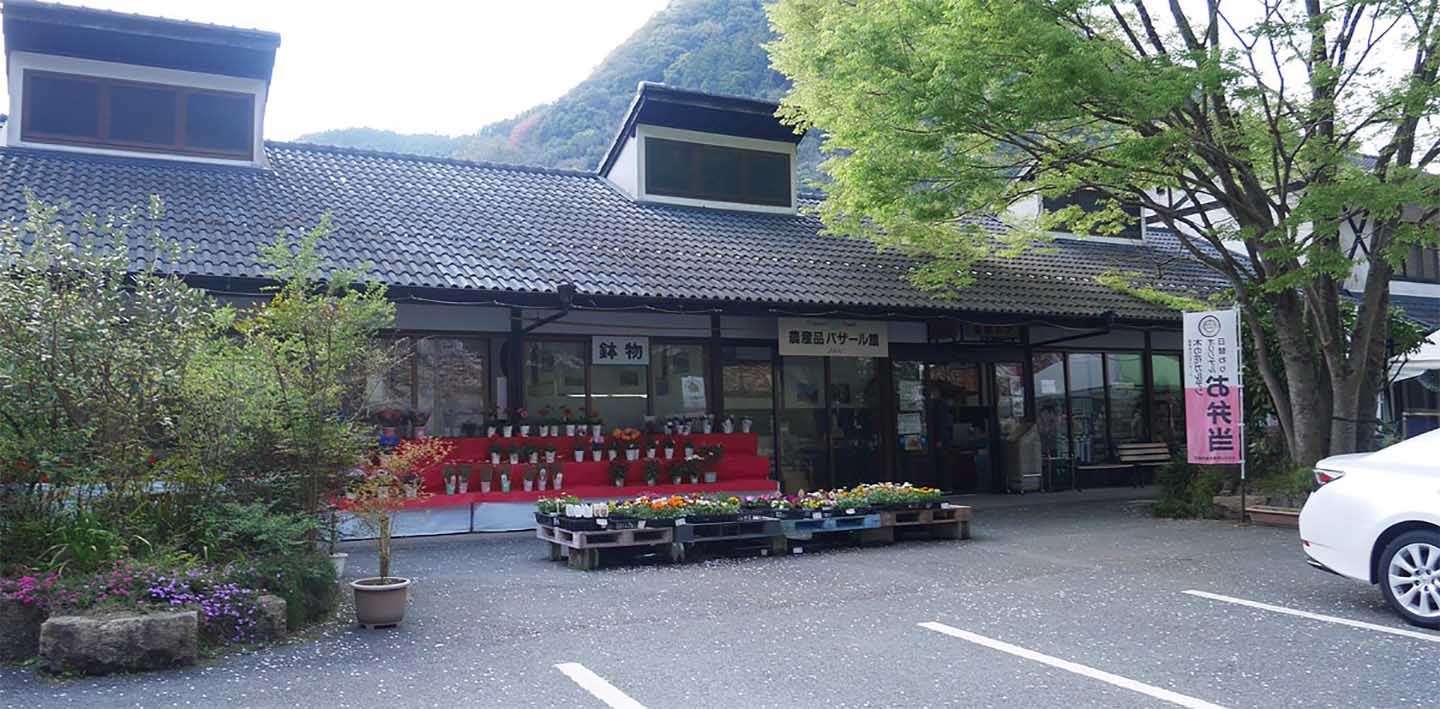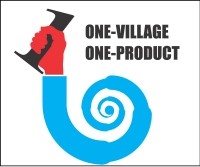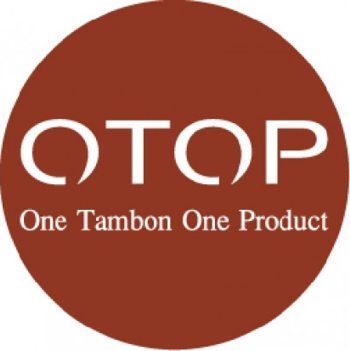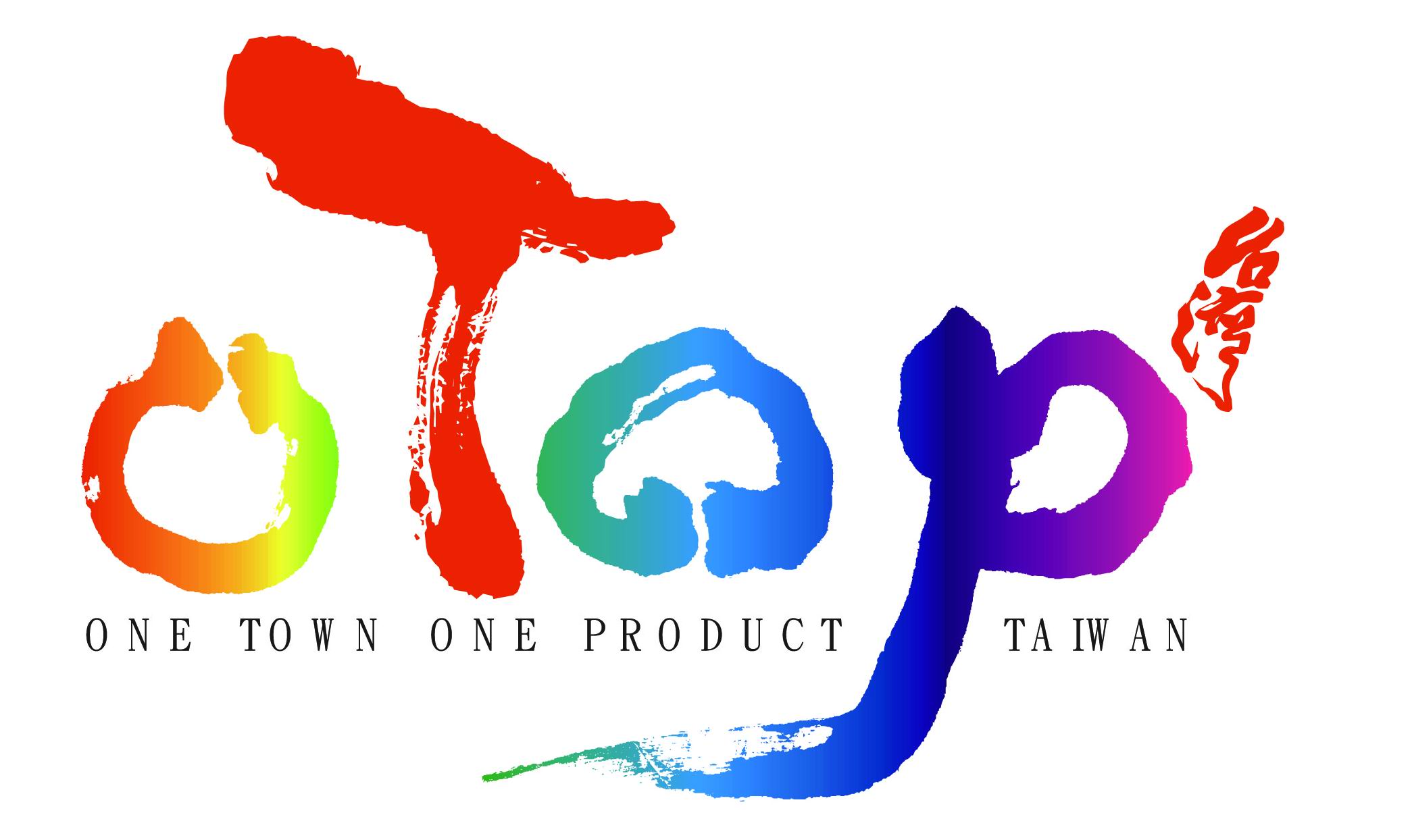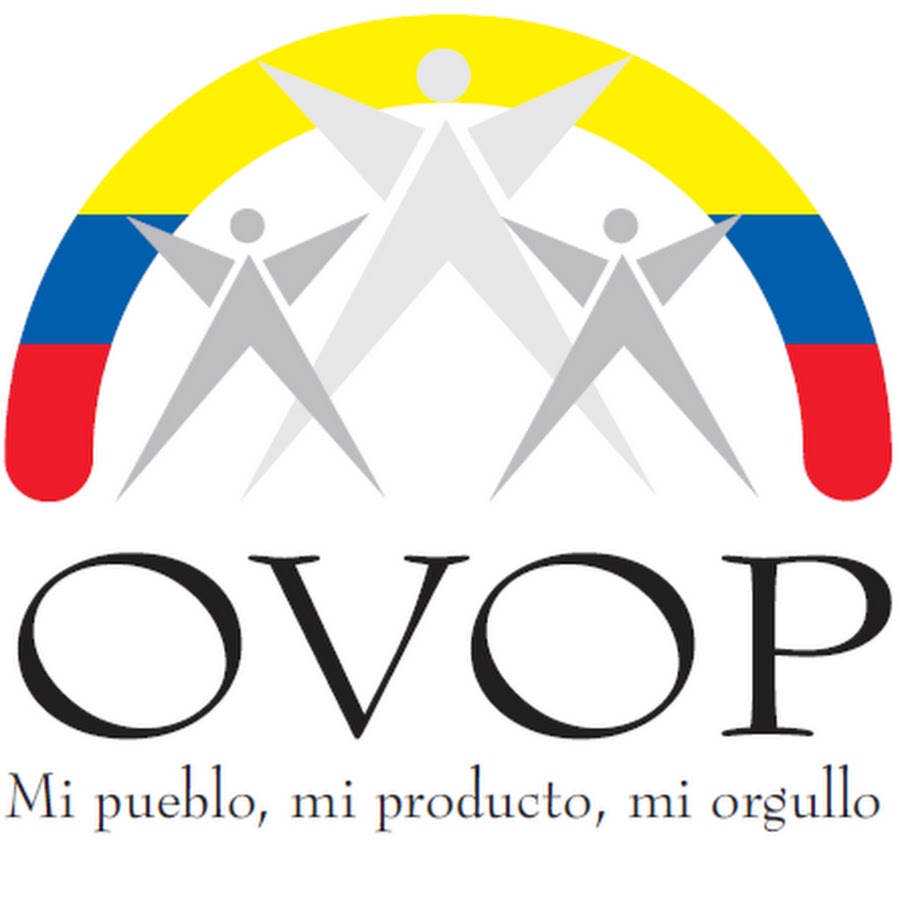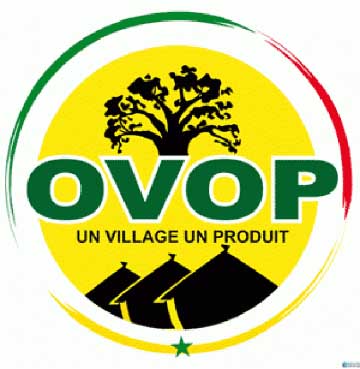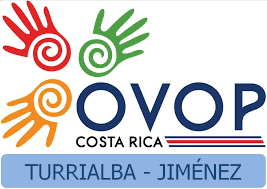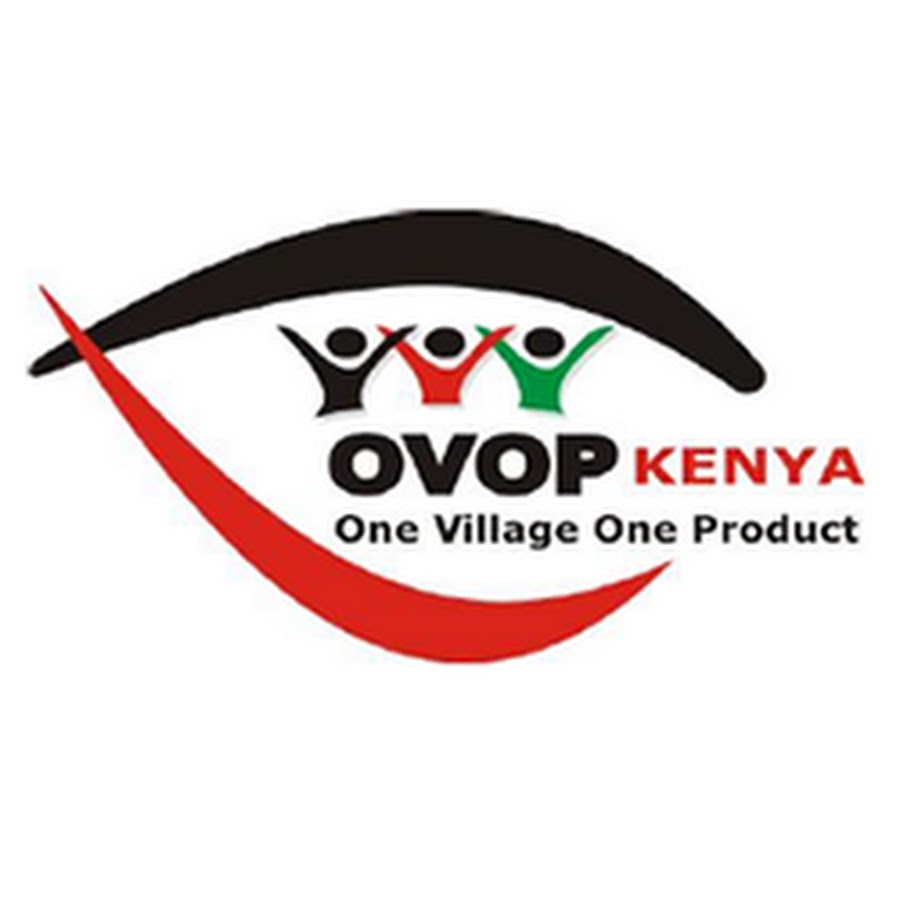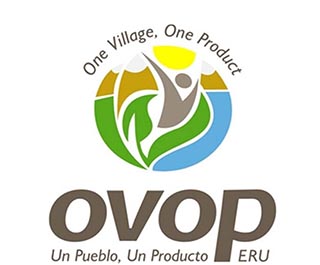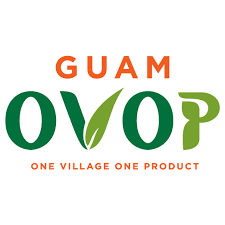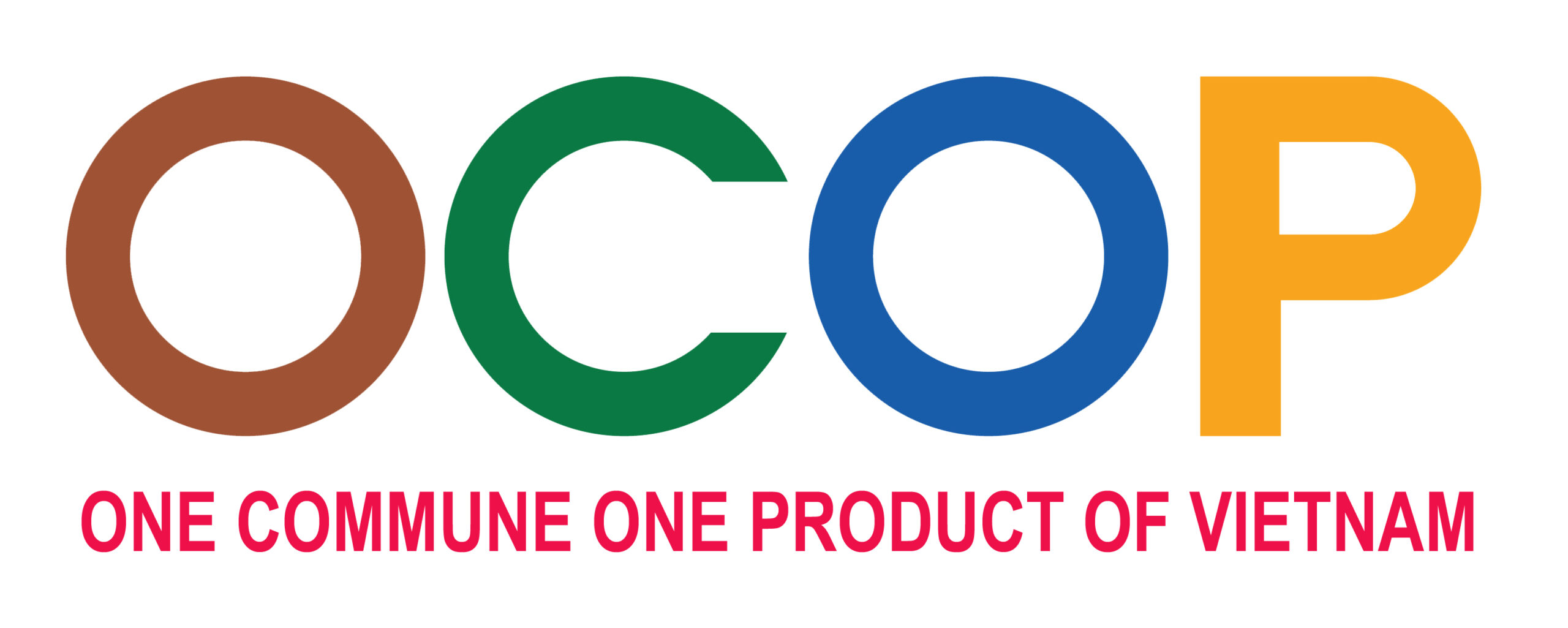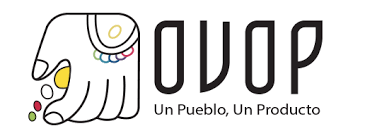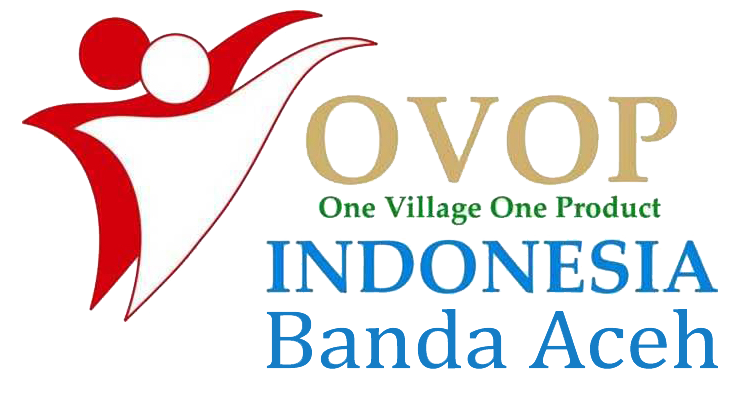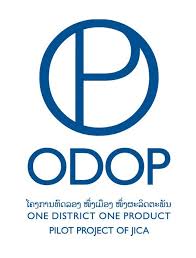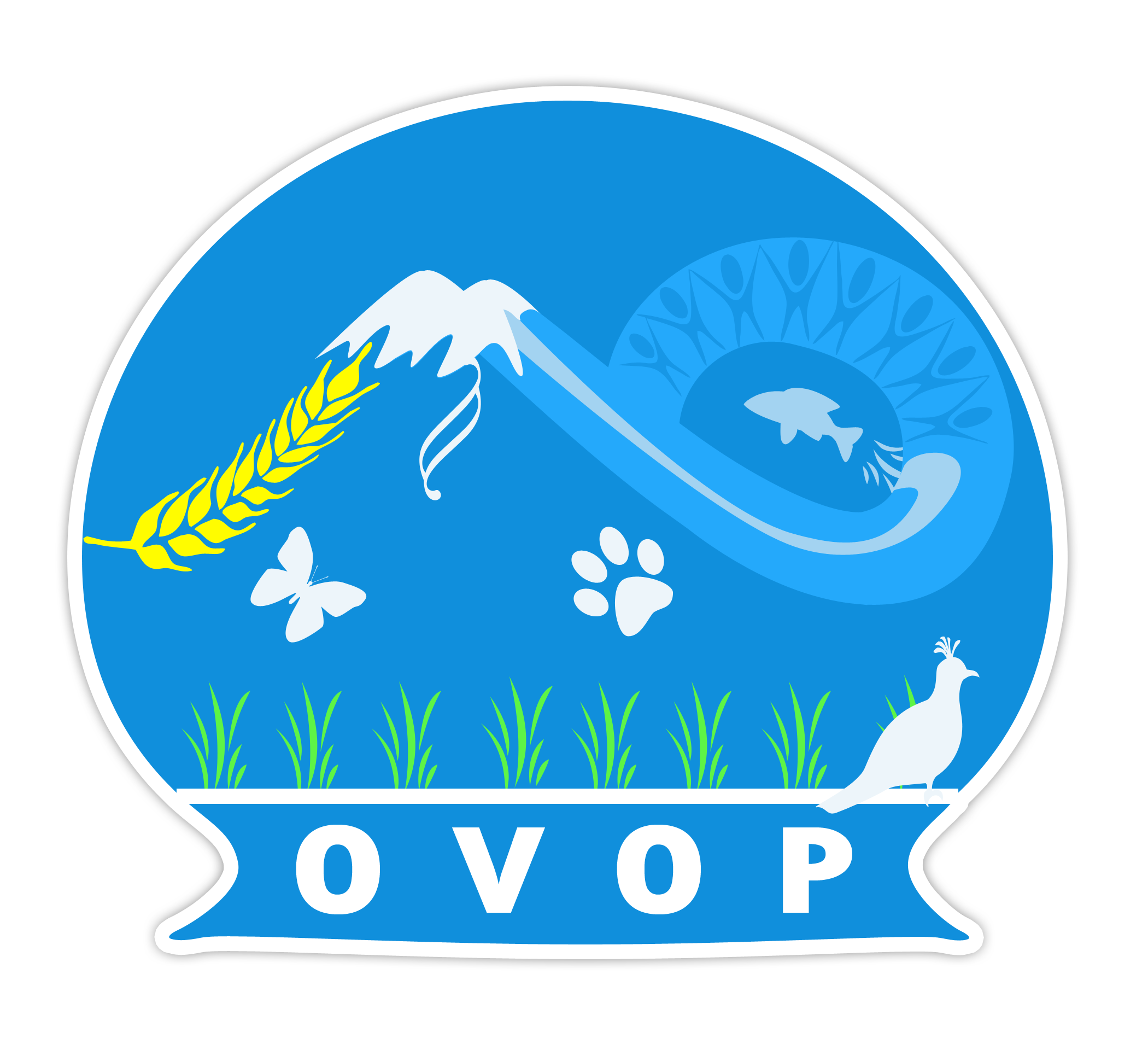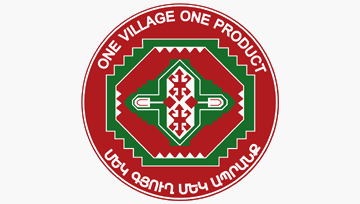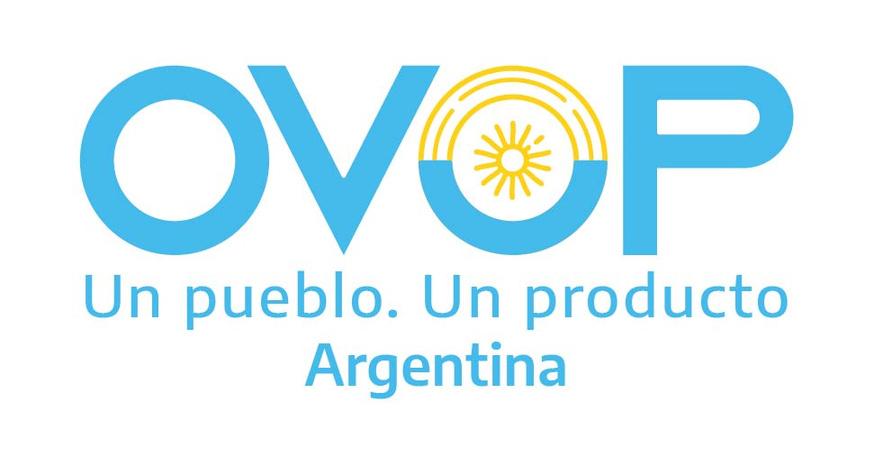“Konohana Garten” is one of the most successful cases in Oyama town in Oita prefecture, Japan, which contributes to livelihood improvement of farmers, promotion of agriculture and activation of interaction between rural areas and urban areas. “Konohana Garten” is operated by Oyama town Agricultural Cooperative, which includes a farmer’s market of both fresh agricultural products and processed food products, and a buffet-style restaurant. “Konohana Garten” opened in 1990 with 210 farmers involved at a sales of 68,000,000JPY (610,000 USD) and grew to be a much bigger organization in 2014 with 3,800 farmers involved at a sales of 1,700,000,000JPY (15,000,000USD), which means it scaled its sales 25 times larger in the first 25 years. It is still expanding and there are 10 “Konohana Garten” shops in 2019.
Why was “Konohana Garten” able to achieve such a great success? This is because “Konohana Garten” is an ideal case of “the 6th Industry”, in which new value is created by building a value chain from the primary industry to the secondary industry to the tertiary industry (1 x 2 x 3 = 6), i.e. from production of agricultural products to processing to distribution & sales. The term and the concept of “the 6th Industry” was proposed by Prof. Naraomi Imamura, professor emeritus at the University of Tokyo.
Previously, farmers in Oyama town tried to follow shipping standard of agricultural products for common distribution channels such as a big supermarket etc. However, the standard mainly focuses on shape, size and packaging, which is not necessarily related to taste. For example, if farmers follow a shipping standard of cucumber, they need to classify their cucumbers into 3 “Shape” categories, A: less curve < 1.5 cm, B: middle curve < 3 cm and C: more curve < 4 cm. Then, they need to additionally classify the cucumbers in each “Shape” category into 4 “Size” categories, 2L: > 23 cm, L: 21~23 cm, M: 19~21 cm and S: 16~19 cm. Finally, they need to pack the cucumbers in each “Size” category of each “Shape” category in accordance with designated number of cucumbers per box, 2L: 37~40 pcs/box, L: 42~47pcs/box, M: 52~57pcs /box and S: 60~65pcs/box. Agricultural Cooperative of Oyama town knew that almost all the customers put a high priority on taste rather than on shape and size and that’s the reason why Oyama town Agricultural Cooperative decided to open “Konohana Garten” where farmers were able to sell their truly delicious agricultural products even out of spec of the shape and size standard. Since then, farmers in Oyama town have started to grow a wide variety of truly delicious agricultural products without thinking of shipping standards. Customers can enjoy the best flavors in season throughout the year at “Konohana Garten”.
Furthermore, farmers in Oyama town have been creating a wide variety of high-valued processed food products which are made from fresh agricultural products at their best because processed food products can last longer than fresh agricultural products. 6 traditional techniques are applied for the creation of processed food products, which are pickling, drying, boiling, smoking, fermentation, and squeeze&deep-fry. To encourage farmers to improve their processing techniques and skills, Oyama town holds a contest of “ume-boshi”, pickled Japanese apricots, once every 4 years. Currently, more than 1,200 kinds of homemade “ume-boshi” are nominated from across the nation and the contest has become a good opportunity for farmers to communicate with other farmers to exchange their experience and knowledge as well as to try to improve their current processing techniques and skills.
What is even more appealing service at “Konohana Garten” is a buffet-style restaurant. Numerous dishes made of fresh agricultural products in season from Oyama town are prepared by local “shu-fu”, housekeepers, mainly at the age of 60s and 70s, instead of by professional “chef”. Since the “shu-fu” have experiences of cooking for their families for 40-50 years, they fully understand how to bring out the full flavors in agricultural products at their best. Many customers of the restaurant get surprised to enjoy the deliciousness of the dishes and they frequently buy fresh agricultural products and processed food products after having the buffet meal.
In 2011, the Ministry of Agriculture, Forestry and Fisheries (MAFF) of Japan started to promote “the 6th Industry” by putting a law on it in force. MAFF calls the initiative “AFFriinovation”, which is “to comprehensively and integrately promote the agriculture, forestry, and fisheries as a primary industry, the manufacturing industry as a secondary industry, and the retail business as a tertiary industry, and to generate new added value utilizing regional resources”. In addition, in 2012, “Agriculture, forestry and fisheries Fund corporation for Innovation, Value-chain and Expansion Japan (A-FIVE)” was established as government and private sector funds. A-FIVE has supported 143 entities in Japan which encourage “the 6th Industrialization” with subscription of about 12,000,000,000JPY (110,000,000USD) so far (as of February 2019). It is expected that more and more successful cases of “the 6th Industry” such as “Konohana Garten” will be created in Japan.-
Source: The Ministry of Agriculture, Forestry and Fisheries of Japan, Oita Prefectural Government, Japan Agricultural Cooperatives, Oyama town Agricultural Cooperatives, Agriculture, forestry and fisheries Fund corporation for Innovation, Value-chain and Expansion Japan






